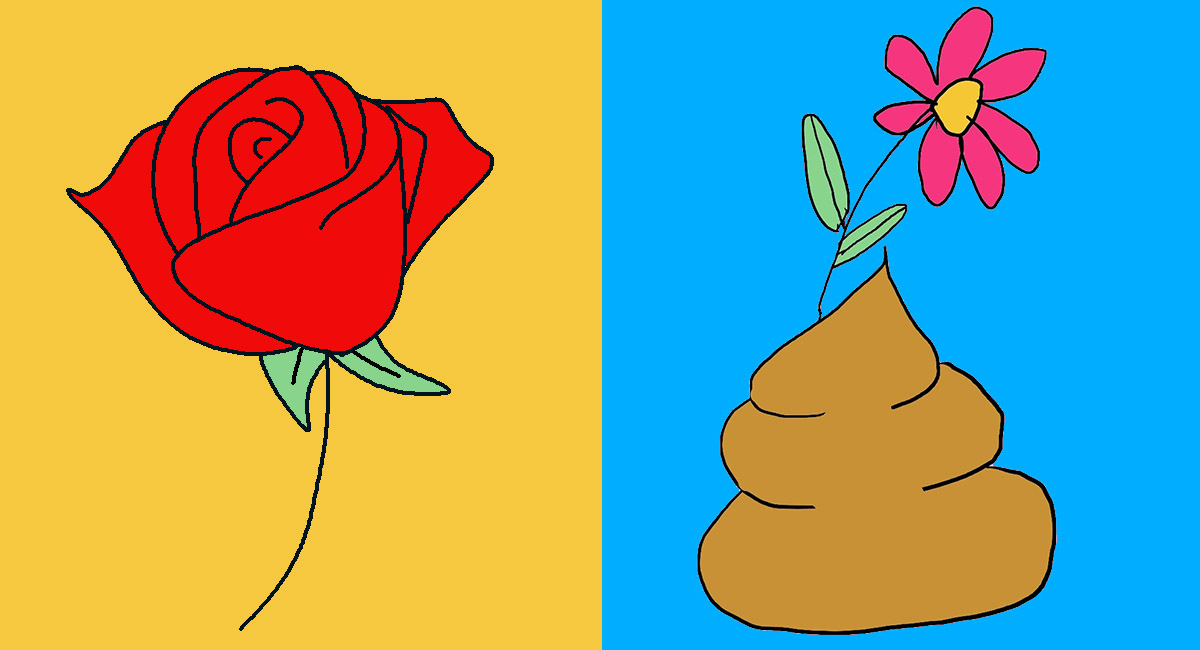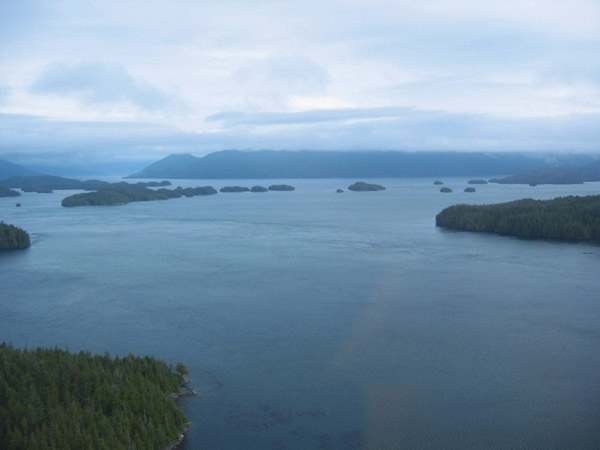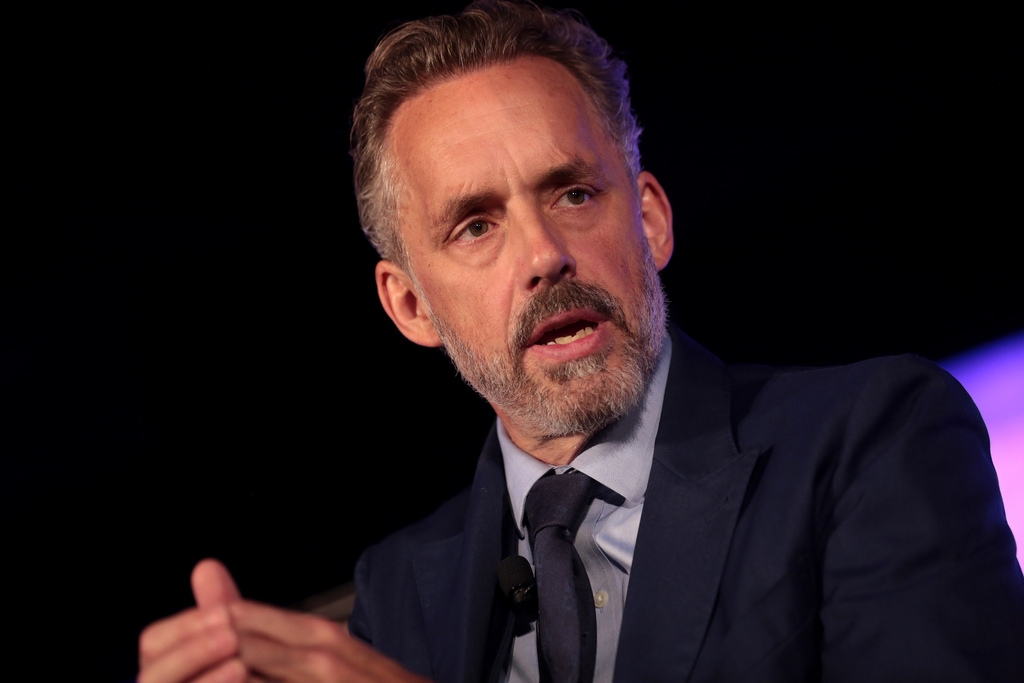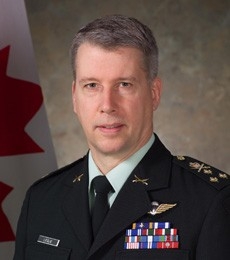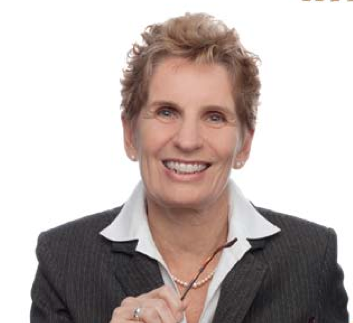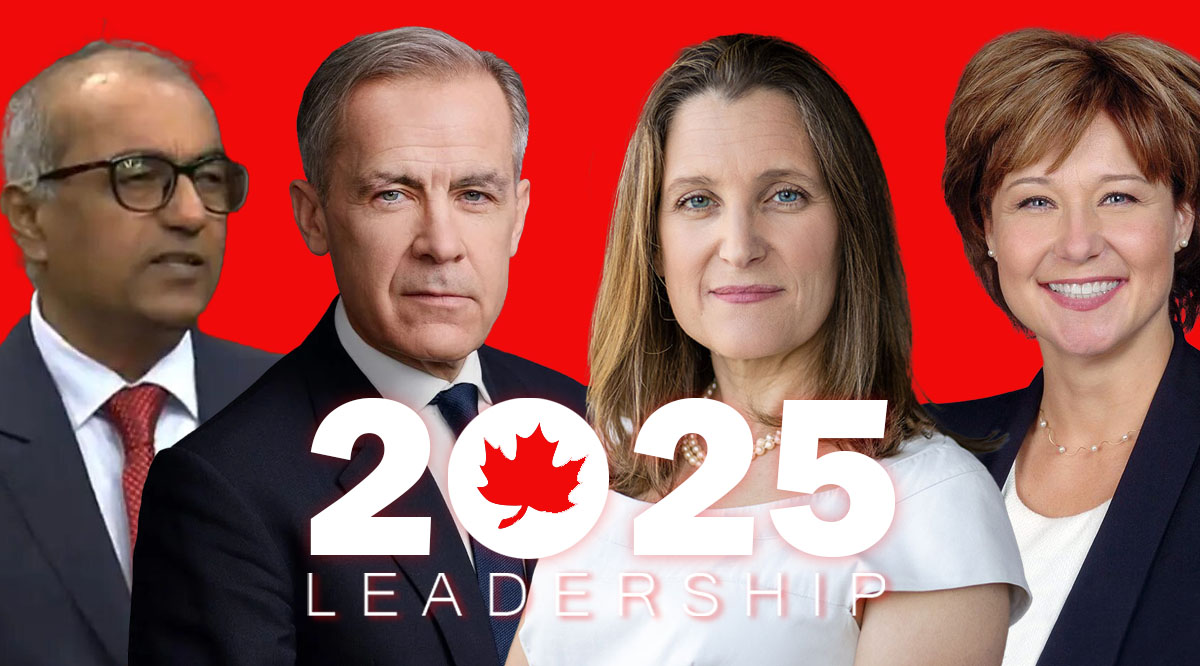
The Liberal Leadership Contest Goes From the Race for the Rose to the Turd Blossom
For decades, the Liberal leadership race has been known as the “Race for the Rose,” a nod to Pierre Trudeau’s iconic red rose, which symbolized youthful idealism, progressivism, unity, and a connection to the people through pragmatic governance. Trudeau chose the rose to reflect his image as a forward-thinking, charismatic leader committed to modernizing Canada and uniting the country through inclusivity and social justice. By the time he left office, the red rose had become synonymous with his political philosophy and firmly embedded in the Liberal Party’s identity.
But in 2025, under Justin Trudeau’s watch, the once-prestigious “Race for the Rose” has taken a decidedly less fragrant turn. The symbol of political grace and lofty ideals has devolved into a contest more fittingly described as the “Trudeau Turd Blossom.” Named after a desert flower that sprouts from cow droppings, the Turd Blossom blooms quickly—and in many ways, the Liberal leadership race has followed suit. Like flies to its namesake, it has become a bloated, embarrassing spectacle of political manoeuvring, last-minute surprises, and lingering scandals. Gone are the days of a rose-scented contest promising a bright future for both the party and the country. Now, it’s less about who has the best vision for Canada and more about who can emerge least covered in manure.
The rules for the 2025 leadership race raise serious concerns about fairness and accessibility. With a $350,000 entry fee and a tight, two-month campaign window, it’s clear the contest is designed to favour the political elite, not the party members. The steep financial barrier immediately disqualifies many potential candidates who lack deep pockets or wealthy backers, ensuring only those with significant financial backing can compete. While the Liberal leadership calls this a “robust, nationwide, competitive process,” it’s more about exclusivity than inclusivity. If you want to run, just sign your name and pay the non-refundable $350,000 fee—so much for diverse voices and broad participation.
Then there’s the issue of the race’s loose, inconsistent voting rules. Unlike more stringent vetting processes in other political contests, the Liberals have adopted an “anything goes” approach that threatens the integrity of the results. This raises serious doubts about whether the process will reflect the will of the party’s diverse membership. Of course, the irony of this unaccountable system is hard to miss. Just two months ago, Justin Trudeau was insinuating that the Conservative leadership race was tainted by foreign interference—a patently false smear he couldn’t prove, but one he still put out there anyway.
As for the candidates, they are mostly those who can afford the $350,000 entry fee. First up is Mark Carney, former Governor of the Bank of Canada and Bank of England, who is backed by Trudeau allies like Gerald Butts and Katie Telford. However, Carney has only managed to secure support from 31 MPs out of over 150 in the caucus. His candidacy is a glaring example of how out of touch Trudeau and his inner circle are with everyday Canadians. The last thing Canada needs is an elitist banker to lead the country—especially one with ties to Brookfield, a global corporation that seems far more concerned with corporate interests than the struggles of regular Canadians, including policies that have harmed Canada’s energy sector and exacerbated the burden of carbon taxes that have further increased food and other inflation.
Then there’s Chrystia Freeland, the former finance minister and lifelong Trudeau ally who helped craft the very policies that have led Canada into its current crisis. Her silence on Trudeau’s mistreatment of women, mirroring the same misogyny that affected figures like Jody Wilson-Raybould, Jane Philpott, and Celina Caesar-Chavannes, is telling. Although she eventually quit in response to her own mistreatment, Freeland bears significant responsibility for the government’s record. Under her leadership, Canada’s debt ballooned to $1.2 trillion, with $58 billion now spent annually on interest—more than the $57 billion generated from HST. This means all that revenue goes to servicing the debt, not funding healthcare or social programs. Meanwhile, two million Canadians turned to food banks last month, and over 1,000 ‘tent cities’ have sprung up across the country due to the government’s failures on housing, mental health and addiction issues.
Freeland’s policies are also a key factor in the skyrocketing crime rates in cities and the deliberate discarding of Canada’s world-renowned immigration ‘points’ system in favour of a reckless model that allowed the unencumbered admittance of three million people since 2022 without proper vetting, putting further strain on social services. Freeland’s record is one of financial mismanagement, and she is part of the problem—not the solution.
Christy Clark, former Premier of British Columbia, seemed like one of the few candidates who could renew the Liberal Party and prevent it from meeting a fate akin to Kathleen Wynne’s obliteration. Clark led BC from 2011 to 2017, navigating economic growth and fiscal stability, though her leadership was marked by controversy on issues like education and healthcare. In the 2017 BC election, Clark’s BC Liberals won 43 seats, while the NDP secured 41 and the Green Party captured three. However, Clark failed to secure a majority, and after a confidence vote, she resigned as premier despite her party’s relative success. After stepping down, Clark made occasional media appearances and engaged in business ventures.
However, her federal leadership bid hit a major roadblock this weekend when she was caught misrepresenting her political affiliations. In a CBC Radio interview, Clark denied ever being a Conservative Party member despite publicly supporting Jean Charest during his 2022 leadership bid. She insisted she never joined the party or received a ballot—yet the Conservatives released membership records showing Clark was an active member from June 2022 to June 2023. Instead of embracing her support for Charest, Clark tried to downplay her involvement, raising questions about her credibility. In doing so, she alienated both Liberal supporters and potential voters who value authenticity and transparency.
Another aspirant is Frank Baylis, an entrepreneur and the former Liberal MP for Pierrefonds-Dollard in Quebec from 2015 -2019. He is known for his work in the medical technology sector through Baylis Medical, a company he co-founded. However, his candidacy is not without controversy and his proverbial elephant in the room is that during the COVID-19 pandemic, Baylis Medical received a $100 million federal contract to produce ventilators that was awarded without a competitive bidding process, raising questions about potential favoritism and government oversight. Baylis remains largely unknown in Canada………….and in the Liberal party. The entry fee should not be an issue for him.
Then there’s the candidacy of Chandra Arya, the Liberal MP from Nepean who has been an underwhelming representative for nearly a decade. Despite claiming proficiency in both official languages, he lacks fluency in French. When asked about this, he stated that he doesn’t speak French and doesn’t believe it will matter to French-speaking Canadians, revealing a profound ignorance about Canada’s history. To be fair, Arya immigrated to Canada at 43 and managed to get elected, so he probably didn’t have time to learn basic facts about his new country. Then again, the idea that a MP with almost a decade of service is completely clueless about Quebec separatism being anchored in the French language and culture is beyond bizarre and is the first indicator he may require some oxygen to stick with the program. His platform includes abolishing the monarchy and recognizing Palestine as a state. Arya, like many of his fellow Liberal MPs has been accused of antisemitism but he seems unperturbed about it. His entry in the race keeps the bar low.
Several expected candidates, including Finance Minister Dominick LeBlanc, have already bowed out. LeBlanc’s decision not to run was a surprise to many, as he is seen as a serious figure who could help rebuild the party. As former Chretien-era Liberal MP Dennis Mills said this week, “At least Leblanc would ensure the party furniture would be left for the rebuild”.
In stark contrast to the Liberal race, the Conservative Party’s 2022 leadership contest was marked by transparent, open, and standardized rules. The race, which began in May and ended in September, saw eight candidates and over 678,000 party members voting. Pierre Poilievre won with 80 percent of the vote, emerging as the new leader of the Conservative Party.
The Liberal leadership race, on the other hand, seems focused more on advancing the interests of the party than addressing the concerns of Canadians. Sadly, it risks becoming the final act for what was once the great Liberal Party of Canada.
